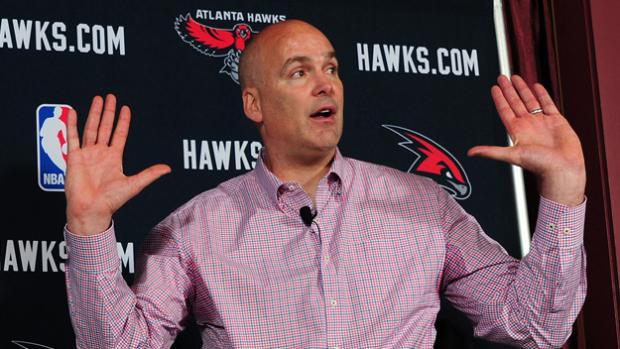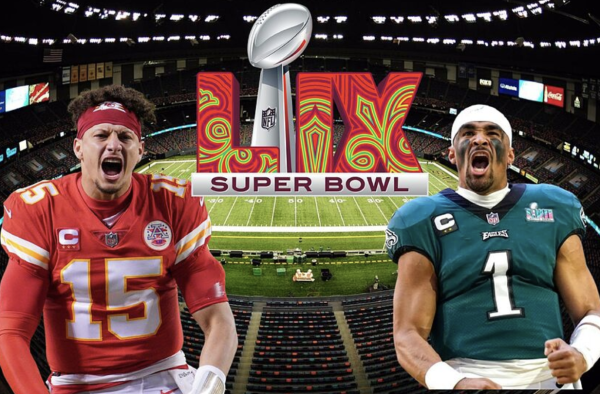Hawks GM resigns after racist remark
The Atlanta Hawks organization has recently found itself embroiled in a racial scandal that led the team’s owner, Bruce Levenson, to announce he was putting his stake in the team up for sale, and led others to question the future of Hawks General Manager Danny Ferry. This does not bode well for a team hoping for a successful start to the new season in a city known for its celebrated mix of diverse cultures.
The scandal first came to light in early September when comments made by Danny Ferry were leaked to the Atlanta Journal Constitution in regard to the possible acquisition of Luol Deng, a free agent who had been playing for the Chicago Bulls.
“He’s got some African in him,” said Ferry. “And I don’t say that in a bad way. But he’s like a guy who would have a nice store out front but sell you counterfeit stuff out of the back.”
When news of this story broke, Ferry immediately took a leave of absence, vowing to get sensitivity training to address his personal issues. Nevertheless, Ferry’s comments caught the attention of national news outlets and caused some to question the culture of a league whose players are composed largely of African Americans. The revelations have not only stirred controversy in the greater Atlanta community, but have also touched the nerves of some Westminster students and athletes.
“It’s a terrible thing,” said senior basketball player Nick East. “Danny Ferry should be ashamed of what he said. I mean to talk about a player like that is just not something that the Hawks Association should ever put up with.”
It was later revealed that Hawks owner Bruce Levenson had also made some inflammatory comments in a series of emails in which he blamed the Hawks lack of white crowd support at their home games on the team’s perceived overly black culture. This offensive assertion demeans the Atlantans of many diverse backgrounds who attend the games and begs the question, “what is wrong with the Hawks’ leadership?”
“The whole situation could have been easily avoided,” said junior basketball player Katie McGahan. “The front office handled it poorly by trying to play it off like it was no big deal when in actuality it is a really big issue. Atlanta is not just one race. It is a giant mix of all sorts of races and cultures so, yes, this situation brings a negative view to the city.”
While Ferry’s decision to immediately take a leave of absence sends a positive message by shielding the Hawks and the city of Atlanta from more negative popular and media attention, it is imperative that all NBA team owners and management personnel understand that racism of any description will no longer be tolerated. NBA Commissioner Adam Silver should firmly take the lead on this issue and enforce a high standard so that all players and fans can feel assured that this sort of behavior has no place in the NBA.
These incidents also echo another recent NBA controversy involving the former owner of the Los Angeles Clippers, Donald Sterling, who was forced to sell the franchise after his mistress tape-recorded him making racist comments about individuals she brought to the games. To the NBA management’s credit, Sterling was almost universally criticized and his actions denounced. The league’s handling of the Sterling situation sent a clear message that there is no room for racism in the NBA, most importantly at the ownership level.
Westminster’s Diversity Coordinator, Judy Osborne, expressed disappointment in the recent NBA strife. She especially regrets how recent problems with the Hawks might impact the people of Atlanta.
“I think we need to start holding people accountable for the things that they say and do and believe, particularly when they are in a leadership position and managing other people, especially people of color who are invested both in the process and the work,” said Osborne. “I think it’s completely offensive to write and speak things that reflect bias and disempower other people.”
Ms. Osborne pointed out how technology has played a role in the escalation of these issues because it allows communications to immediately reach a national audience, and she believes schools can help diminish racism by making the matter a “deliberate piece of education.”
“We have to do better to equip people to go out into the world and to have real conversations and authentic relationships,” said Osborne. “People need to be open to other worldviews and recognize that your worldview is not the only one.”



